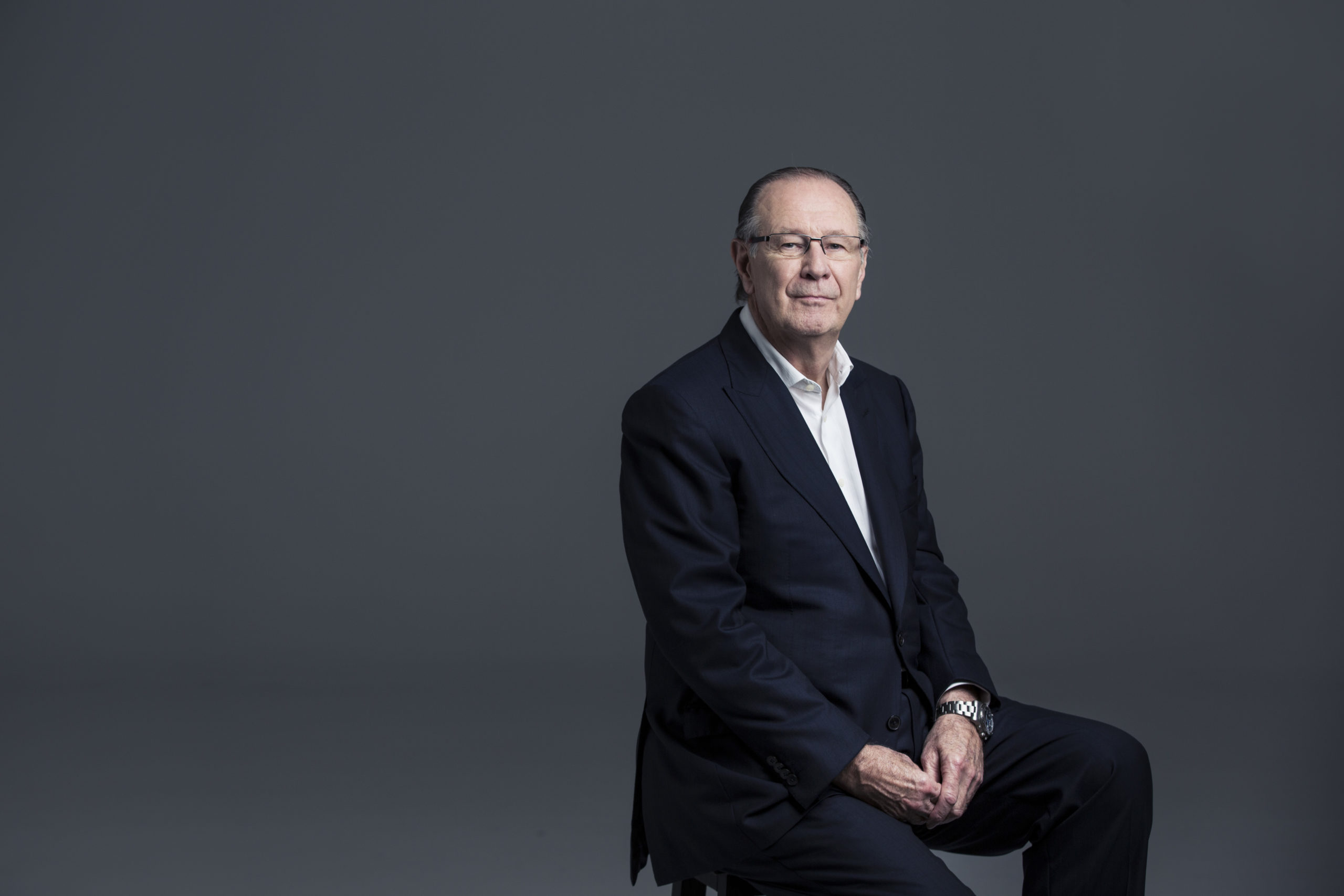Praise for CFO who helped save Westpac
5 May 2022
Republished with permission from the AFR

Leading figures in financial services in Australia over the past 30 years have paid tribute to Pat Handley, the former chief financial officer of Westpac Banking Corp, who died last week. He was 77.
Former Westpac chief executives, Bob Joss and David Morgan, current Westpac CEO Peter King, National Australia Bank chairman Phil Chronican, former Westpac treasurer Curt Zuber and Quadrant Capital founder Chris Hadley have shared anecdotes about Handley’s “tough but fair” approach to Westpac’s turnaround in the 1990s.
Handley was one of about half-a-dozen people employed by American banks, led by former Wells Fargo & Company vice-chairman Bob Joss, who joined Westpac following its near-collapse in 1992.
Others were Robert Nimmo, from Citi, Mary Carryer (Wells Fargo), David Fite (Bank of America), Loran Fite (Wells Fargo) and Sam Zweig (Chase Manhattan).
Westpac’s woes came to a head on May 20, 1992 when chairman Sir Eric Neal and chief executive Frank Conroy announced a $1.666 billion loss thanks to $2.7 billion in property loan write-offs.
The bank accompanied the record half-year loss with a $1.2 billion rights issue, the largest in history. The underwriters, Credit Suisse, had to carry the can for an $880 million shortfall, which opened the door for Kerry Packer to buy 15 per cent of Westpac.
A measure of the turmoil at bank at the time was that a different set of directors presided over each of the six board meetings held between May and December 1992.
Neal, Conroy and a handful of non-executive directors left and new chairman John Uhrig conducted a global CEO search that led him to Joss in California.
Joss heard about the turnaround skills of Handley, who had turned around a couple of banks in Ohio, been CFO of Banc One for six years and was running the County Savings Bank in Columbus, Ohio.
Joss met Handley in New York and hired him as chief financial officer.
Chronican, who was CFO of Westpac’s institutional bank when Handley arrived in September 1993, had a dual reporting line to then head of institutional, David Morgan, and Handley.
“My early experience with him was I always wanted to run away,” Chronican says. “He was demanding, he was intelligent and that spurred people on.
“I would not say it was always easy working for him, but I was a better person for it. I learned a huge amount from him.”
Morgan, who was CEO of Westpac from 1999 to 2008, says Handley was a deeply experienced bank CFO who “played an important role in the turnaround of Westpac in the 1990s”.
“I think he fell in love with Australia and settled here after he left Westpac around the end of the 1990s,” he says.
Handley followed the lead of Joss and bought a house in Palm Beach, as well as one in Mosman, so he could be closer to the Westpac head office at 20 Martin Place.
He later restored Shandon, a 19th-century, 17-hectare Robertson homestead, in the Southern Highlands.
“Pat was a very important and valuable member of our Westpac senior management team in the 1990s,” Joss says.
“He was an extremely talented financial officer with a sharp intellect and tremendous work ethic. He mentored a number of Westpac executives who went on to bigger roles at other institutions.
“I also think he had a wider impact on the Australian financial community as a role model for how the CFO job could be a critical strategic management partner.
“As one of our former executives remarked to me last week about Pat: ‘you hired the right person, at the right time, for the right job.’ I agree.”
Zuber says Handley was “tough but fair”.
“Early on in my career I looked up to him because he always focused on the next step and what we could do better,” he says.
Hadley founded Quadrant Capital thanks to Handley’s approval of a $25 million injection from Westpac, which was matched by institutional investors.
Hadley, who has since raised about $7 billion and was last year named one of the top 10 private equity managers in the world, says Handley lived and worked through an historic period in Australian banking that shaped attitudes to credit risk management.
“He was incredibly intelligent, highly numerate and, actually, he was tough,” Hadley says.
“But he also had a good sense of humour. When you got to know him he was good-natured. Anyone who tried to bullshit him found there was nowhere to hide.”
Handley played a critical role in Westpac’s acquisition of Bank of Melbourne, Challenge Bank and Bank of South Australia.
King, who was a relatively junior executive in the Westpac finance department when Handley arrived at the bank, says Handley “played a crucial role in returning Westpac to both profitability and a leading Australian financial institution after its near-death experience”.
“He showed the way in modernising how Australian banks managed their balance sheets, including introducing dynamic provisioning, which played an important role at the time in managing credit risk,” he says.
Dynamic provisioning, introduced by Handley in 1994, saw Westpac put aside a general provision against each loan as it was written.
Handley came under attack from analysts who said it was a way of smoothing profits. But he said it was a simple concept that required “tremendous judgment and a tremendous amount of information”.
History has proven Handley correct, given that the Australian Prudential Regulation Authority forces banks to include an “economic overlay” provision when deemed necessary.
King says Handley was “uncompromising in setting high standards around all aspects of the finance function, including the preparation and presentation of accounts”.
“Personally, I had the privilege to work in Westpac’s finance team when Pat Handley was its CFO. I also had the opportunity to learn from Pat, and he will be missed.”
After Handley retired from Westpac, he held a number of non-executive director roles, including a director of Suncorp, chairman of Pacific Brands, and director of Mason Stevens.
Link to article | Tony Boyd is the Chanticleer columnist. He has more than 35 years’ experience as a finance journalist.
Contact us
We are open Monday to Friday from 8am – 6pm AEDT
About us
Learn more about our offerings and capabilities

